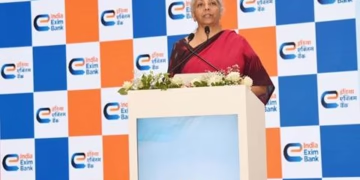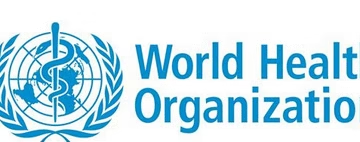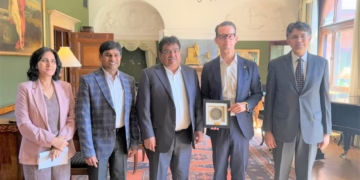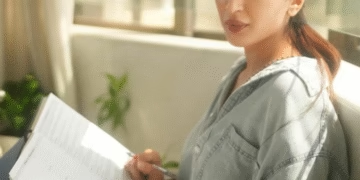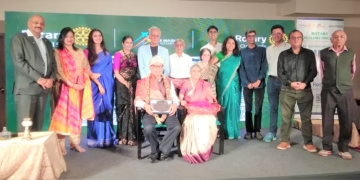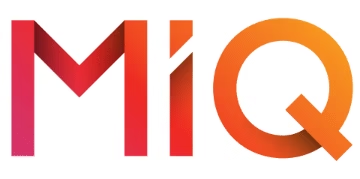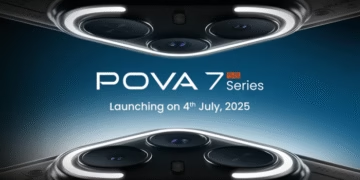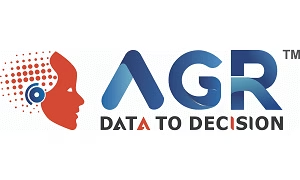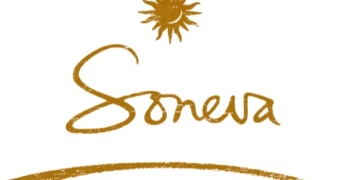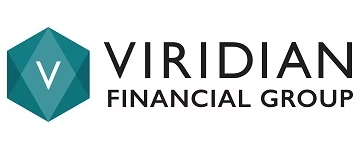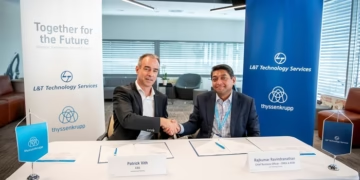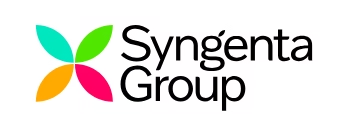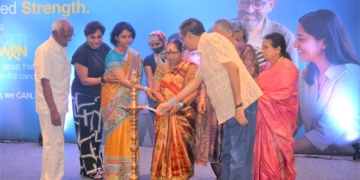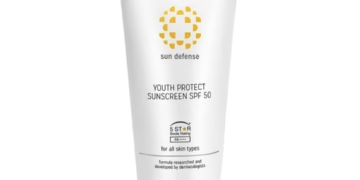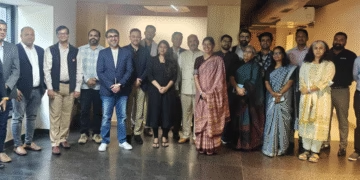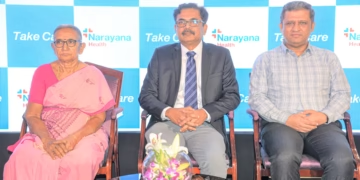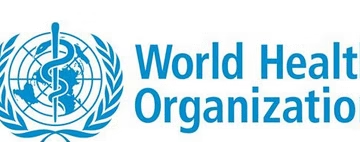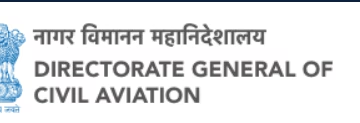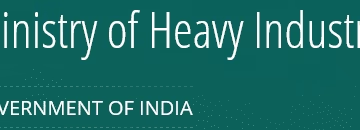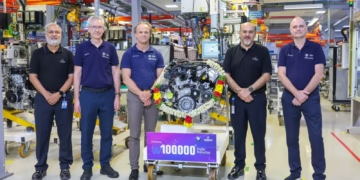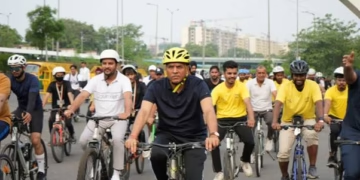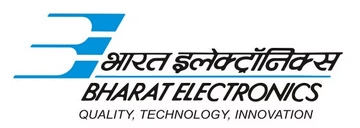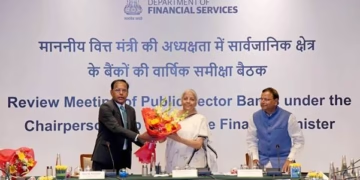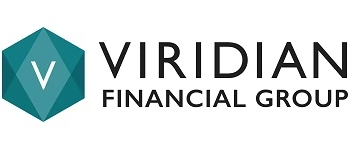Additional funds will support testing, personal protective equipment (PPE) for frontline health workers and public education to help protect Samoans
APIA, April 24, 2020 – The World Bank has approved funding of US$3.4 million to further support Samoa’s efforts to combat the COVID-19 (coronavirus) pandemic.
The funds are in addition to the US$5.1 million already delivered by the World Bank to Samoa for its COVID-19 response at the end of March 2020. This brings the World Bank’s total funding to support Samoa’s COVID-19 response to approximately US$8.5m – and overall health funding to US$21.4m. The additional US$3.4m are being delivered through a dedicated emergency health project, and from the Contingency Emergency Response Component (CERC) of the Samoa – Pacific Resilience Project.
The additional funding from the World Bank will be used to support critical laboratory equipment, testing kits, cartridges, x-ray machines for early detection and essential PPE for Samoan health workers, amongst other supplies. These have been prioritized by Samoa’s health authorities as being the most urgently needed. In addition, the respective grants will also support community engagement and outreach efforts, and provide training for health workers in case detection, outbreak investigation, contact tracing and monitoring over the coming weeks and months.
The World Bank’s COVID-19 emergency response project is also supporting Samoa’s medium to long term system strengthening through critical infrastructure such as the establishment of a public health laboratory and critical goods for addressing health care waste management. These interventionswill also further strengthen Samoa’s capacity to respond to future pandemics or epidemics. The assistance from the grants also includes supporting Samoa’s surveillance system as well as carrying out a joint external review (JEE).
“This additional support will be vital in our efforts to help keep Samoa COVID-19 free,” said Samoa’s Minister of Finance, the Hon. Sili Epa Tuioti. “Given the nature of COVID-19, this support will be vital in helping the country respond quickly and confidently to any outbreak; help protect our frontline health workers; and will further strengthen our health system for the months and years ahead.”
“This additional funding brings the World Bank’s current investments in Samoa’s health sector to US$21.4 million over the next three years,” said Michel Kerf, Country Director for the World Bank in Papua New Guinea and the Pacific Islands. “We’re proud to be standing with Samoa to address the country’s most critical health and economic challenges, including COVID-19.”
The World Bank’s assistance to the Government of Samoa to support the COVID-19 response, is being coordinated with other UN agencies, including the World Health Organization (WHO), UNICEF and the Food and Agriculture Organization (FAO) as well as other humanitarian organisations.
After a major measles outbreak last year that infected approximately 5,600 people and killed 83 people, Samoa was quick to respond to the threat from COVID-19. It swiftly closed its borders and quarantined anyone entering the country, as well as announcing a state of emergency on March 21, 2020. The country currently still has no confirmed COVID-19 cases.
Within the Pacific region, in addition to support for Samoa, World Bank funded COVID-19 operations are already underway in Marshall Islands and Papua New Guinea, with further COVID-19 projects across the region set to be confirmed soon.
The World Bank works in partnership with 12 countries across the Pacific, supporting 84 projects totaling US$1.79 billion in commitments in sectors including agriculture, aviation and transport, climate resilience and adaptation, economic policy, education and employment, energy, fisheries, health, macroeconomic management, rural development, telecommunications and tourism.
The World Bank Group, one of the largest sources of funding and knowledge for developing countries, is taking broad, fast action to help developing countries strengthen their pandemic response. We are increasing disease surveillance, improving public health interventions, and helping the private sector continue to operate and sustain jobs. Over the next 15 months, we will be deploying up to $160 billion in financial support to help countries protect the poor and vulnerable, support businesses, and bolster economic recovery, including $50 billion of new IDA resources in grants or highly concessional terms.

